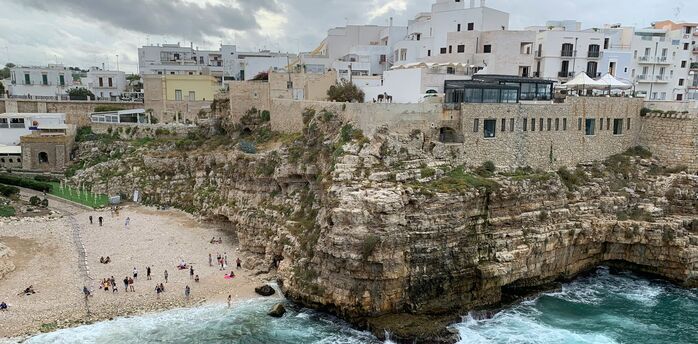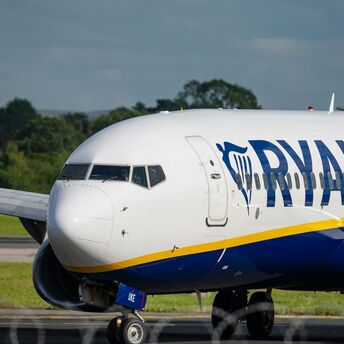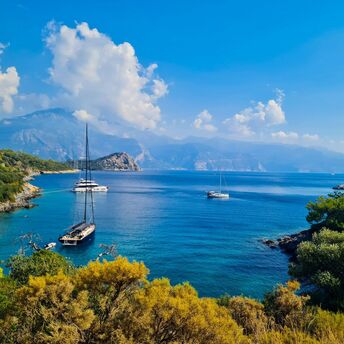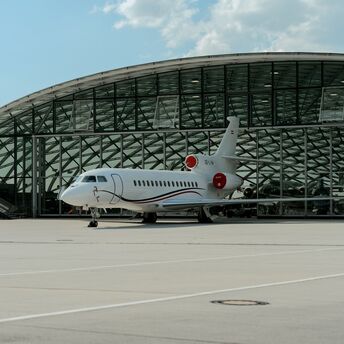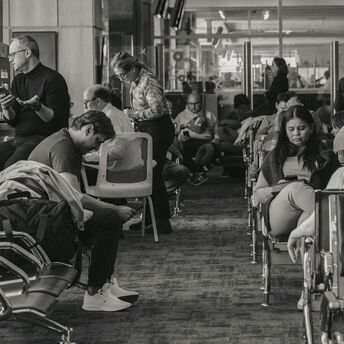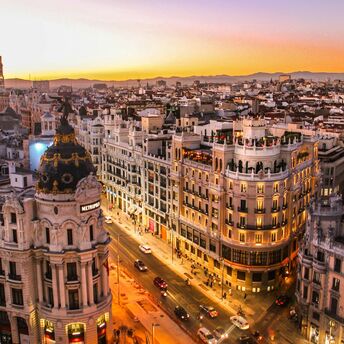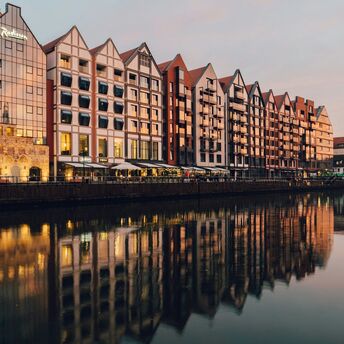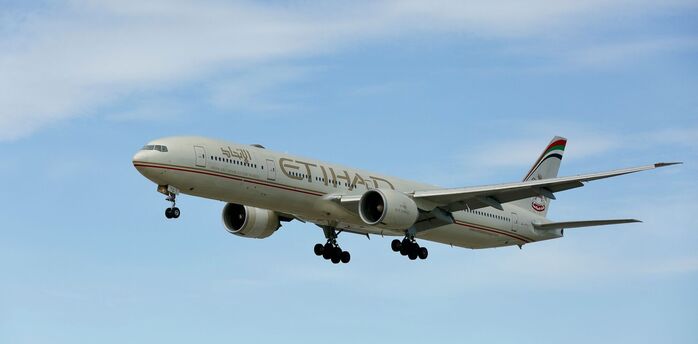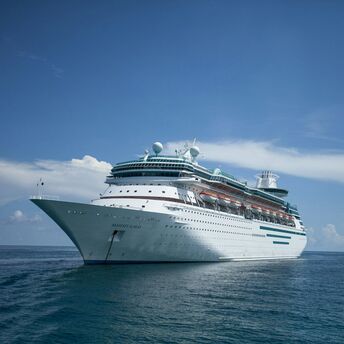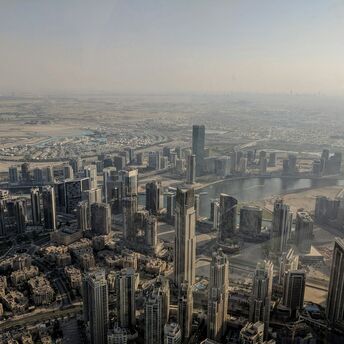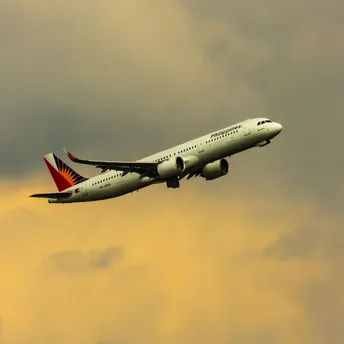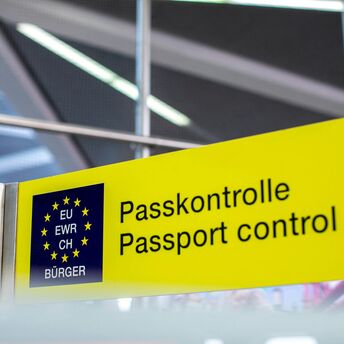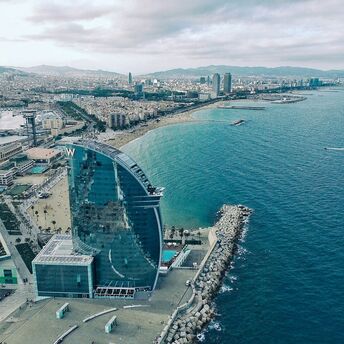Crafting the Perfect Journey to Morocco: A Traveler’s Guide to an Unforgettable Adventure
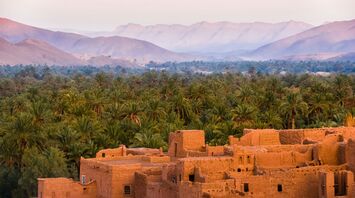
Morocco, with its diverse landscapes, rich history, and vibrant culture, is a destination that promises a journey like no other. From the bustling souks of Marrakech to the vast expanse of the Sahara Desert, this North African country offers experiences that are as varied as they are captivating. Planning the ultimate trip to Morocco requires a thoughtful balance between exploration, relaxation, and cultural immersion. Whether you’re a first-time visitor or a seasoned traveler, here’s how to curate an unforgettable Moroccan adventure.
Choosing Your Destinations: A Blend of History, Nature, and Culture
One of the most exciting aspects of traveling to Morocco is the sheer variety of destinations that cater to different interests. The country's rich tapestry of cities, mountain ranges, deserts, and coastlines means that travelers can experience several distinct environments, each offering its own unique flavor.
Marrakech, often the first stop for many visitors, is a city that pulsates with energy. Famous for its labyrinthine medina, vibrant souks, and the iconic Djemaa el-Fna square, Marrakech immerses visitors in the essence of Moroccan culture. The city’s sensory overload of colors, sounds, and scents is best explored on foot, allowing travelers to discover hidden gems like the ornate Bahia Palace and the lush Majorelle Garden.
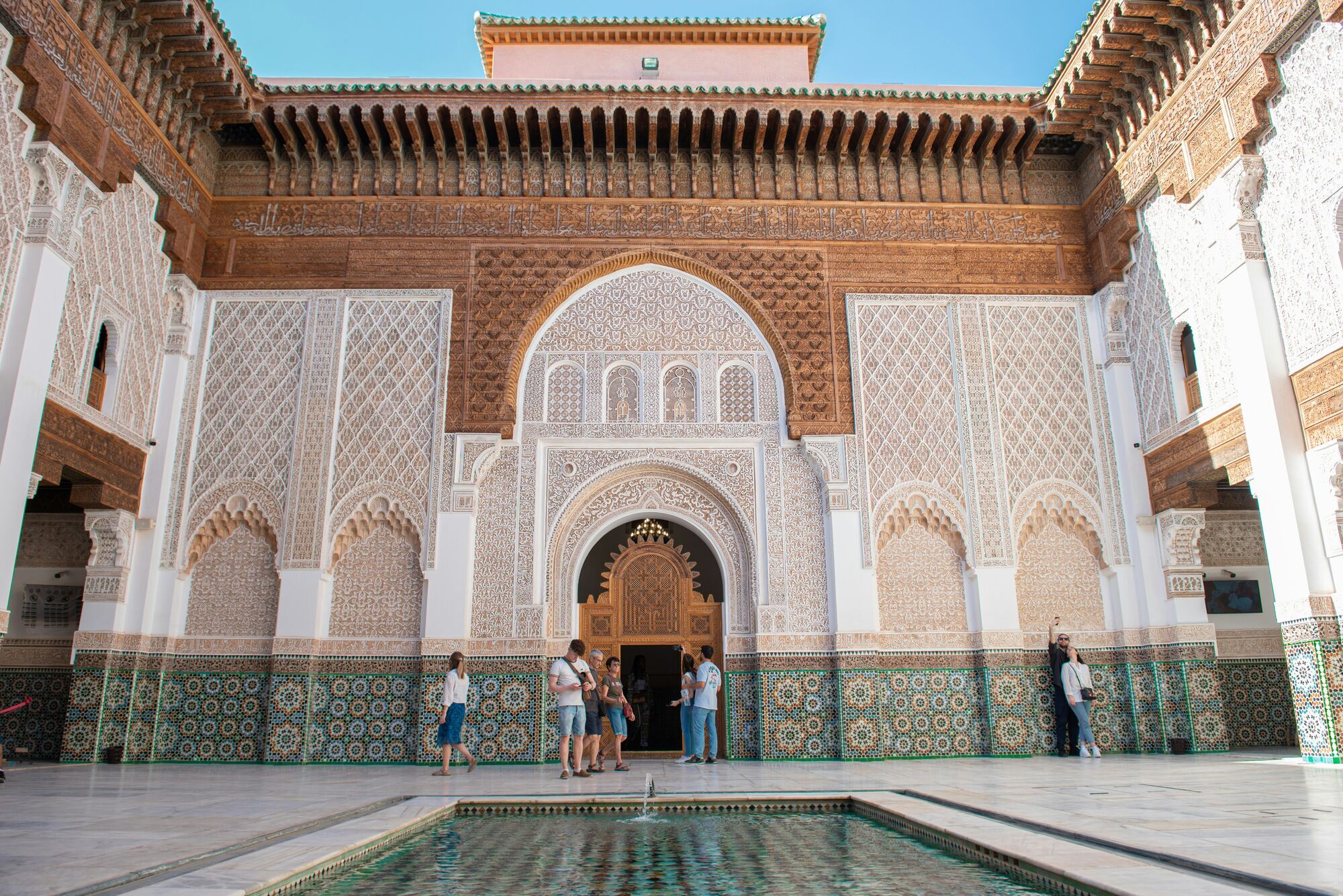
For history enthusiasts, Fes offers a deeper connection to Morocco’s past. Known as the cultural and spiritual heart of the country, Fes is home to the world’s oldest university, Al-Qarawiyyin, and a medina that has been largely unchanged for centuries. Wandering through the narrow alleys of Fes is like stepping back in time, with every turn revealing traditional artisan workshops, ancient mosques, and beautifully preserved madrasas.
Nature lovers shouldn’t miss a trip to the Atlas Mountains. Just a short drive from Marrakech, this mountain range offers stunning hikes, traditional Berber villages, and panoramic views that extend for miles. For a more immersive experience, consider staying overnight in a village like Imlil, where you can engage with the local culture and enjoy the serene beauty of the mountains.
For those seeking adventure, a trek into the Sahara Desert is a must. The gateway town of Merzouga offers camel rides into the Erg Chebbi dunes, where you can spend the night under the stars in a desert camp. The vastness and tranquility of the Sahara provide a stark contrast to the bustling cities, offering moments of reflection and awe-inspiring views of the endless dunes.
When to Visit: Timing Your Moroccan Adventure
Morocco’s climate varies depending on the region, so the best time to visit depends on the specific experiences you’re seeking. Spring (March to May) and fall (September to November) are generally considered the ideal times to explore Morocco, as temperatures are mild and the landscapes are lush.
In the spring, the Atlas Mountains are green and blooming, making it an excellent time for hiking. Meanwhile, the cities are warm but not scorching, allowing for comfortable exploration. Fall offers similar advantages, with the added benefit of fewer tourists. However, if you’re drawn to the idea of experiencing the Sahara, it’s best to avoid the height of summer, when desert temperatures can soar above 100°F (40°C). Winter, on the other hand, is an excellent time to visit the desert, with cooler days and chilly nights that are perfect for camping under the stars.
Experiencing Morocco’s Culinary Delights
No trip to Morocco is complete without indulging in its rich and flavorful cuisine. From street food stalls to high-end restaurants, the country’s culinary offerings are a reflection of its diverse cultural influences, blending Berber, Arab, and French traditions.
A must-try dish is tagine, a slow-cooked stew named after the clay pot in which it is prepared. Tagines can be made with a variety of ingredients, from lamb and prunes to chicken and preserved lemons, each simmered to perfection with a blend of aromatic spices. For those with a sweet tooth, pastilla—a flaky pastry filled with spiced meat and dusted with cinnamon and sugar—is a unique and delicious treat.
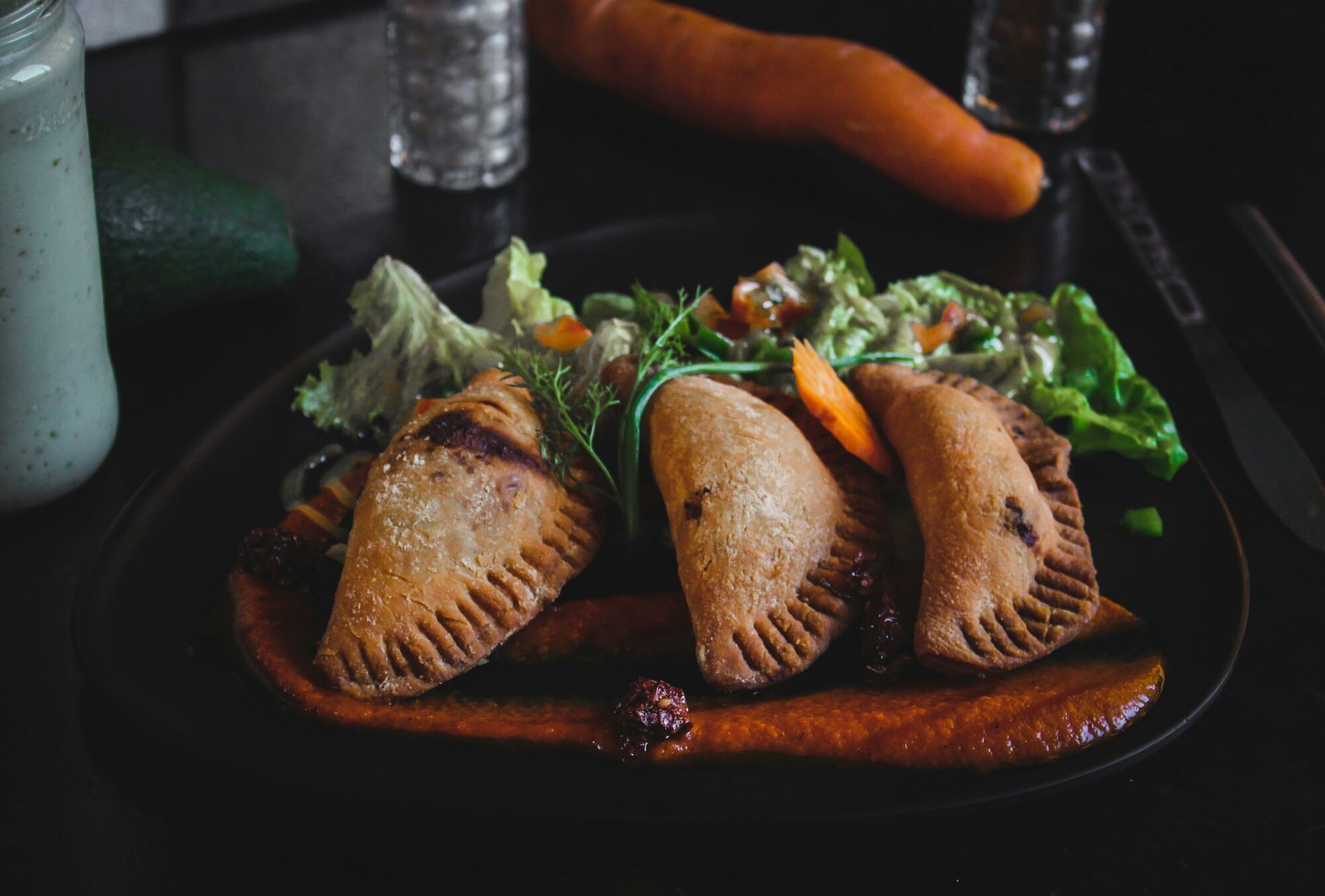
Moroccan street food is also not to be missed. In cities like Marrakech, you’ll find vendors selling msemen (a flaky, fried bread), briouats (savory or sweet stuffed pastries), and harira (a traditional soup made with tomatoes, lentils, and chickpeas). For a true taste of local life, head to Djemaa el-Fna square in the evening, where the entire square transforms into an open-air dining experience.
For tea lovers, Morocco’s signature mint tea is an integral part of the culture. Known as "Moroccan whiskey," this sweet and refreshing drink is traditionally made with green tea, fresh mint leaves, and plenty of sugar. Enjoying a glass of mint tea in a local café is an essential part of the Moroccan experience, offering a moment to relax and watch the world go by.
Navigating Morocco: Practical Tips for Travelers
When traveling in Morocco, it’s important to be prepared for the country’s unique rhythms and customs. Here are a few tips to ensure a smooth and enjoyable journey:
- Transportation: Morocco’s cities are well-connected by trains, making it easy to travel between destinations like Marrakech, Fes, and Casablanca. For more remote areas, buses and shared taxis are the best options. Renting a car is possible, but driving in the busy cities can be chaotic, so it’s best to stick to rural routes if you choose this option.
- Language: While Arabic and Berber are the official languages of Morocco, French is widely spoken, especially in urban areas and tourist regions. English is also understood in many places, particularly in hotels, restaurants, and tourist sites.
- Cultural Sensitivity: Morocco is a predominantly Muslim country, so it’s important to be mindful of local customs and dress modestly, especially when visiting religious sites or rural areas. Women travelers may want to carry a scarf to cover their heads when entering mosques or conservative areas.
- Haggling: Negotiating prices in souks and markets is part of the Moroccan shopping experience. Don’t be afraid to haggle, but always do so with a smile and good humor. It’s also important to know when to walk away if the price doesn’t feel right.
Must-See Cultural Experiences
Beyond its stunning landscapes, Morocco’s cultural richness is one of its greatest draws. From its UNESCO World Heritage sites to its vibrant festivals, the country offers countless opportunities to engage with its history and traditions.
A visit to Volubilis, the ancient Roman ruins near Meknes, offers a fascinating glimpse into Morocco’s past. The well-preserved mosaics and grand archways of this once-thriving Roman city stand in stark contrast to the surrounding rural landscape, providing a striking reminder of the region’s long history.
For those visiting during religious holidays, experiencing the Festival of Fez of Sacred Music is an unforgettable experience. This annual event brings together musicians from across the world, celebrating the power of music to transcend cultural and religious boundaries. The festival is held in stunning venues, including centuries-old palaces and medinas, offering a unique way to experience Morocco’s spiritual and artistic heritage.


